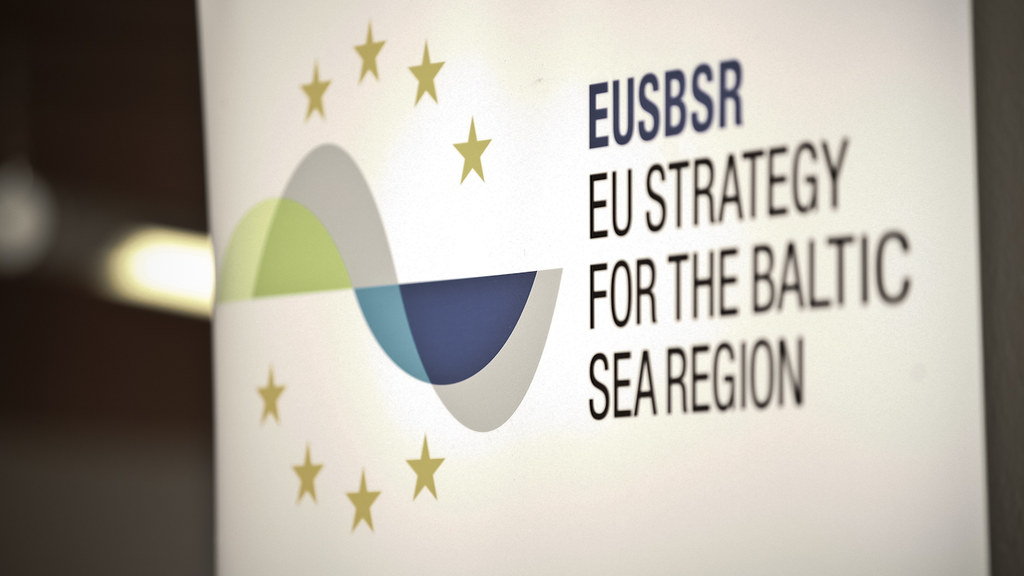To support the development processes underway since the Annual Forum 2024, we hereby invite you to a follow-up meeting on the theme of civil and societal preparedness in the Baltic Sea region. This is done against the background of the security situation in Europe and the importance of further strengthening cooperation within the Baltic Sea region. We also invite Ukrainian colleagues from whom we can learn how to build resilience.
The programme offers a mix of inspiration and co-creation focusing on gathering expert stakeholders from different sectors and multiple levels. It welcomes those already engaged in Baltic Sea region initiatives as well as those interested in joining existing efforts. Additionally, National Coordinators and Policy Area Coordinators from the EU Strategy for the Baltic Sea Region (EUSBSR) are invited. The foreseen results of the work are policy briefs, new initiatives and new projects supporting the implementation of strategy.
Thematic Areas:
Building a resilient society requires individuals as well as institutions. The cooperation in the Baltic Sea region has a long history, characterized by mutual trust and common democratic values. Hence, resilience does not need to be built from scratch but can benefit from already existing relations and cooperation in the region. The Annual Forum 2024 focused on security, resilience, and sustainability. Some of the topics discussed at the Annual Forum will be revisited upon at this meeting
- Sustainable energy supply: Ensuring energy security and regional resilience as key components of civil preparedness – addressing vulnerabilities and building capacity to maintain energy supply during crises.
- Resilient food systems: Exploring how sustainable food supplies can be secured
through increased self-sufficiency, reliable international trade, and robust value chains – all essential for societal preparedness in times of disruption. - Resilience of critical societal functions: Exploring how to ensure the continuity of
essential services such as electricity, water and food supply, medical supply,
healthcare, and financial systems on local and regional levels during crises. This
includes both the robustness of physical infrastructure and the capacity of institutions
to operate under pressure. - Resilience at the individual level: Focusing on how to strengthen citizens’ personal
preparedness, including their ability to prepare for and act during crises, manage
stress, and maintain mental wellbeing in crisis situations.
Participants:
The meeting targets stakeholders working with transnational and national development processes within the four thematic areas from the entire Baltic Sea region. We also welcome Ukrainian colleagues to learn from Ukraine’s experiences. We welcome different perspectives and sectors to strengthen existing cooperation and create new initiatives.
Programme Overview:
The programme starts with an evening reception hosted by Region Gotland on June 16. A full-day programme on June 17 is followed by an evening reception hosted by the Governor of Gotland. The programme continues on June 18 and concludes with lunch. The day is based on inspirational presentations and joint discussions among participants.
The programme is free and includes lunches and coffee breaks. Please note that travel and accommodation expenses are to be covered by the participants themselves.
Program: Find the programme in this link.
Registration is now closed.
The number of participants is limited to 70, so we encourage early registration.
Warm welcome to Visby!
The follow-up meeting is co-arranged by the Swedish Institute, the Swedish Prime Minister’s Office, the County Administrative Board of Gotland, Norden Association Sweden, and Region Gotland
